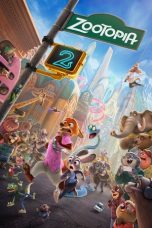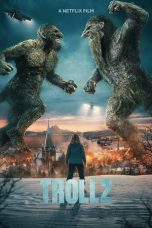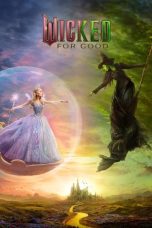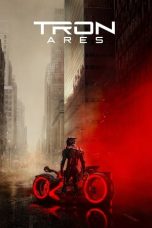“Hulk” (2003): A Bold Reimagining of a Comic Book Icon
Directed by Ang Lee, “Hulk” is a 2003 superhero film that presents a unique interpretation of the Marvel Comics character, exploring themes of identity, power, and the consequences of scientific experimentation. Starring Eric Bana as Bruce Banner, the film delves into the emotional and psychological complexities of its protagonist while delivering thrilling action sequences and visual effects.
Plot Summary
The film begins with scientist Bruce Banner working alongside his girlfriend Betty Ross (Jennifer Connelly) on a project involving genetic research and the study of human regenerative abilities. Through an accident involving gamma radiation, Bruce undergoes a transformation into the Hulk, a giant green creature with incredible strength and resilience. As Bruce grapples with his newfound alter ego and the military’s pursuit of his powers, he uncovers dark secrets from his past and confronts his inner demons.
Cinematic Approach
Director Ang Lee brings his distinctive visual style and narrative depth to “Hulk,” blending comic book aesthetics with introspective storytelling. The film incorporates innovative visual effects to portray the Hulk’s transformation and action sequences, emphasizing the emotional turmoil and physical power of its titular character. Lee’s direction explores the psychological aspects of Bruce Banner’s struggle, juxtaposing moments of introspection with explosive confrontations.
Performances
Eric Bana delivers a nuanced performance as Bruce Banner, capturing his character’s internal conflict and vulnerability. Jennifer Connelly brings emotional depth to Betty Ross, portraying her role as both Bruce’s love interest and a compassionate scientist caught in the midst of unfolding events. Supporting performances from Sam Elliott as General Thunderbolt Ross and Nick Nolte as Bruce’s estranged father add layers to the film’s exploration of family dynamics and personal history.
Themes and Symbolism
“Hulk” explores themes of power and its consequences, as well as the ethical implications of scientific exploration and military ambition. The film delves into Bruce Banner’s struggle with his dual nature as both a brilliant scientist and a raging monster, highlighting themes of identity and self-acceptance amidst external pressures. The Hulk serves as a metaphor for unchecked rage and the potential for both destruction and redemption.
Reception
Upon its release, “Hulk” received mixed reviews from critics and audiences, with praise for its visual ambition and thematic depth, but criticism for its pacing and narrative structure. Despite its divisive reception, the film has gained appreciation over time for its bold approach to the superhero genre and Ang Lee’s directorial vision.
Availability
For those interested in watching “Hulk,” the film is available on several streaming platforms and for digital rental or purchase:
- Streaming Services: “Hulk” can be streamed on Disney+ and Amazon Prime Video.
- Rental/Purchase Options: It is also available for rent or purchase on iTunes, Google Play, YouTube Movies, and Vudu.
Conclusion
“Hulk” (2003) remains a thought-provoking and visually ambitious take on the iconic Marvel Comics character, exploring themes of identity, power, and the human condition. With its compelling performances, innovative visual effects, and introspective narrative, the film offers a unique perspective on the legendary green superhero and his internal struggle with the monster within.
















